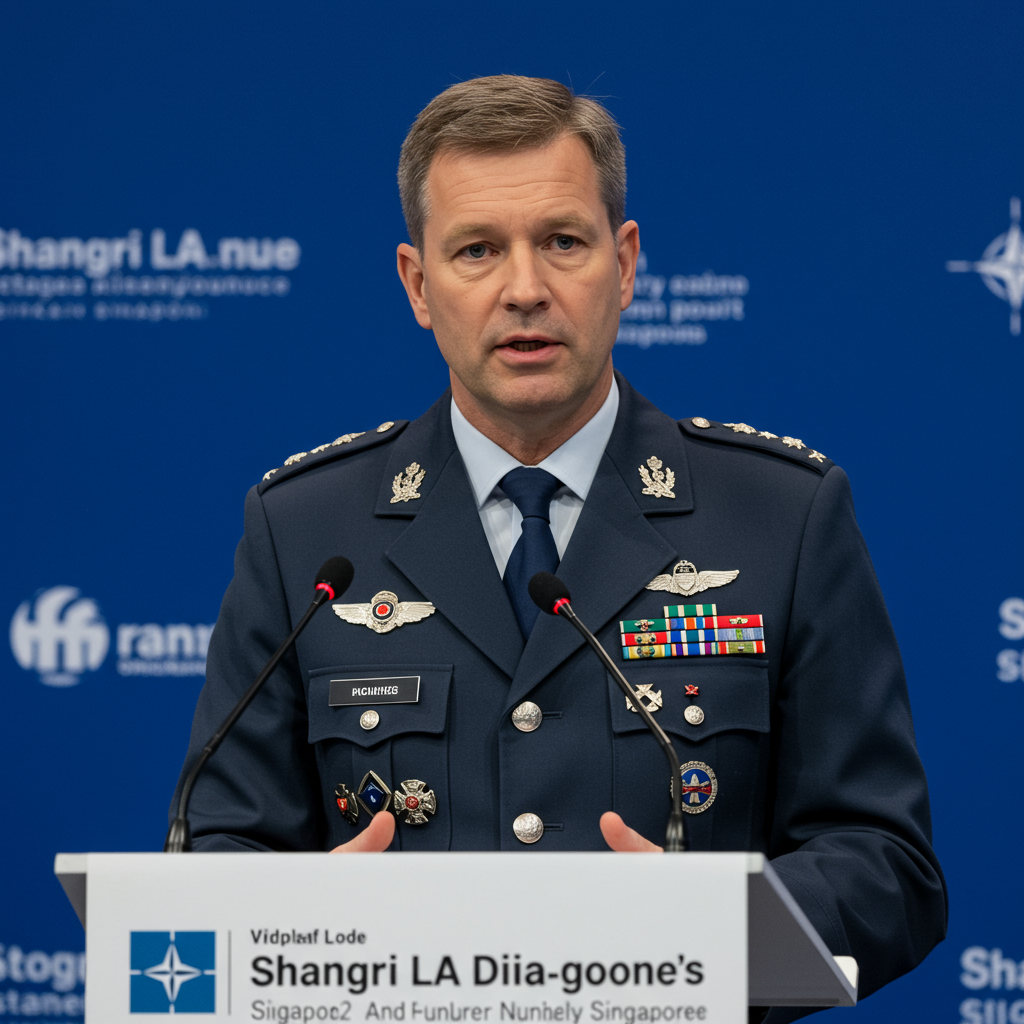Escalation Deepens as Israel Strikes Tehran, Iran Retaliates
The intense exchange of strikes between Israel and Iran has entered its third day, marking a significant escalation in the Middle East. Israeli airstrikes have pounded targets across Iran, including the capital Tehran, while Iran has launched further ballistic missile and drone barrages towards Israel, resulting in mounting casualties on both sides. The conflict has prompted international concern and disrupted daily life in the affected regions.
Strikes Rock Capital Cities
Tehran residents have experienced widespread explosions as Israeli military operations intensified across the capital. Reports indicate strikes have targeted sensitive areas near “weapons production compounds,” defense ministry sites, and nuclear infrastructure. Israeli officials claim to have struck numerous targets within Tehran and nationwide, aiming to degrade Iran’s military and nuclear capabilities. Some reports indicate over 250 targets have been hit since the conflict began, with Israel stating it paved an “aerial corridor” into the heart of Tehran and warned civilians to evacuate areas near military sites. While Israel asserts significant success at sites like Natanz and Isfahan, experts note Iran’s nuclear program is dispersed and deeply buried, making its complete destruction challenging.
In retaliation, Iran has fired waves of missiles and drones at Israel. These attacks have struck cities like Tel Aviv, Haifa, and residential areas such as Bat Yam and Tamra, causing widespread damage. At least 13 people have been killed in Israel, including three children, and hundreds more injured. Damage includes a direct hit on an eight-story building in Tel Aviv and disruption to oil infrastructure in Haifa. Air raid sirens continue to sound across nearly all of Israel.
Humanitarian Impact and Civilian Response
The escalating attacks have had a severe impact on civilians, particularly in Tehran. As explosions echoed across the city, authorities opened the metro system, mosques, and schools to provide shelter, although acknowledging a lack of fully prepared public shelters. The Ministry of Health advised residents to stay away from windows due to the danger of flying debris from blast waves. Evacuation efforts face challenges, with reports of heavy traffic congestion and limitations on fuel purchases. Iranian airspace has been closed to commercial flights.
Political Stances and International Fallout
Both sides have issued stark warnings. Iranian President Masoud Pezeshkian threatened a “more decisive and severe” response if Israeli bombings continue. Israeli Defense Minister Israel Katz issued a stern warning that “Tehran will burn” if Iran does not halt its missile attacks, while Prime Minister Benjamin Netanyahu stated Iran would pay a “heavy price.”
The United States has distanced itself from Israel’s actions while issuing a strong warning to Iran. Former President Donald Trump stated the U.S. “had nothing to do” with Israel’s latest strikes but threatened the “full force” of the U.S. military if Iran attacks American assets in the region. He also called for Iran and Israel to make a peace deal. Scheduled U.S.-Iran nuclear talks in Oman were cancelled, though the U.S. stated it remains open to dialogue, a stance Iran’s foreign ministry described as “meaningless” amidst the attacks.
International reactions vary, with China condemning Israel’s violation of sovereignty and supporting Iran’s right to self-defense, while Russia urged restraint and a return to negotiations. Reports of Cyprus attempting to act as an intermediary were met with denial from Iran. Travel advisories have been issued, and some airlines have cancelled flights.
Potential Trajectories: Risks of Wider Conflict
Analysts warn that the current escalation carries significant risks of broadening the conflict. Worst-case scenarios include:
U.S. Involvement: Iran reportedly believes the U.S. endorsed Israel’s attacks, raising concerns Iran might target U.S. forces or assets in the region. Only the U.S. possesses the military capability (like bunker-busting bombs) needed to penetrate Iran’s deepest nuclear sites, potentially drawing Washington into a direct confrontation despite stated political reluctance for new Middle East wars.
Gulf Nations Drawn In: If Iran struggles to hit targets in well-defended Israel, it might attack “softer” energy or infrastructure targets in Gulf countries perceived as assisting Israel, potentially pulling them and the U.S. military bases they host into the fighting.
Failure to Halt Iran’s Nuclear Program: If strikes fail to destroy Iran’s nuclear capability, potentially hidden deep underground or in secret mines, or if Iran decides to accelerate its program to deter future attacks, it could lead to a prolonged cycle of strikes without achieving Israel’s core goal.
Global Economic Shock: Attempts by Iran to close the Strait of Hormuz or intensified Houthi attacks in the Red Sea could severely impact oil prices and global trade.
- Regime Collapse Vacuum: While some Israeli officials have hinted at regime change, the sudden collapse of Iran’s centralized government could lead to unforeseen instability, chaos, or civil conflict.
- www.nbcnews.com
- www.bbc.com
- www.theguardian.com
- www.foxnews.com
- www.aljazeera.com
Amidst the strikes, Iran claimed to have arrested two alleged Israeli Mossad operatives accused of making explosives, while Iranian state media reported the deaths of several senior IRGC commanders. The U.N. nuclear watchdog has reported damage to some nuclear facilities in Iran, particularly at Isfahan, but stated that the Fordow site remains undamaged and no dangerous increase in off-site radiation has been detected.
The situation remains highly volatile, with both nations signalling a readiness for continued military action.


